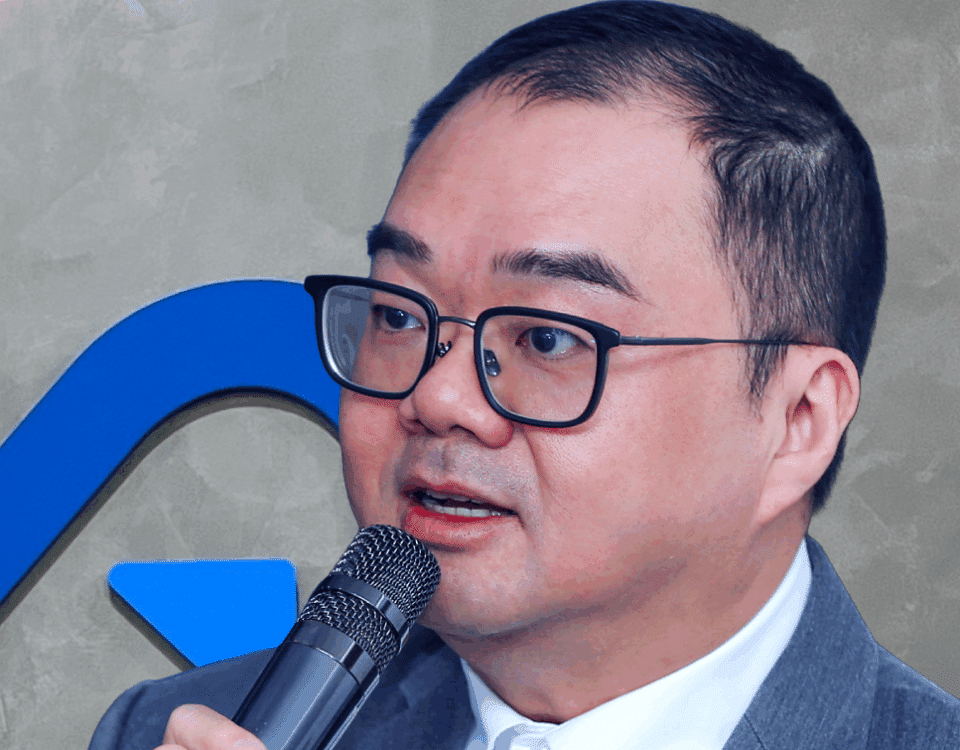Billion-dollar babies: Chicago sees more tech success
July 8, 2021Bezos’ Blue Origin to make history with unpiloted civilian space flight
July 15, 2021By Verne Harnish
Dan Fantasia’s sales recruitment firm, Treeline, Inc., in Wakefield, Mass., had grown to 30 employees by 2019 but something wasn’t quite working. Cash flow was tight and profits weren’t what Fantasia, the company’s president, hoped they would be. “It felt like we were out of control, a little bit,” he says.
So Fantasia teamed up with Scaling Up Certified coach Herb Cogliano, whom he knew from the staffing industry. Together, they created a plan to build a more sustainable, profitable business. Today, the company is projecting $2.5-$3 million in annual revenue with 14 employees—about half the size of its team before—and 4.5x the profit.
Here’s how Fantasia achieved results so quickly.
Tapping the Power of One
One of the most critical steps Fantasia took was using the Power of One, which I’ve described in Scaling Up: Mastering the Rockefeller Habits 2.0. The Power of One illustrates how pulling any of the seven key financial levers of the business can greatly improve cash flow.
“The first time we went through the Power of One, it was shocking,” says Fantasia. “You don’t realize how little changes make a big difference.”
Raising prices was one lever Fantasia pulled. Treeline also focused its marketing on attracting more of the core customers who valued its services enough to pay the new prices.
Embracing the Labor Efficiency Ratio
At the same time, Fantasia turned his attention to the company’s Labor Efficiency Ratio (LER). This is a measure of the productivity of each dollar spent on labor.
To improve its LER, Treeline Inc. slowed its rapid hiring–a common path to “growing broke.” Fantasia focused instead on training the talent he already had, which tended to improve productivity.
“That changed us from just growing to growing profitably,” says Fantasia.
Prioritizing “A players”
To make sure he had the right people in the right seats on the bus, Fantasia completed the Function Accountability Chart (FACe) and Process Accountability Chart (PACe) from the Scaling Up platform.
This led to significant changes, under the guidance of Cogliano. For instance, Fantasia eliminated one vice president’s position and also brought in an executive to replace another on the company’s finance team.
“Cogliano had much more understanding and structure around our business and profitability,” says Fantasia. “He understood what our challenges and pitfalls were, and what our labor efficiency ratios were. He’s been able to give us processes and help us predict our future. We now have a better understanding of hiring and when we should be hiring.”
Fantasia also used the Talent Assessment Chart, a tool from the Topgrading system, to make sure everyone on the team was an “A player.” The company tied the talent assessment to its four Core Values: compete to win every day, grit, empowering people and do what’s right.
“That’s what we were missing before,” says Fantasia. “You would look at a person and say ‘They seem to be producing the revenue. They seem like the right person,’—but they weren’t living our Core Values daily.”
Ultimately, Fantasia reduced the size of his team to 14 people, letting go of people who were not A players. “He has fewer people who are more disciplined and more accountable,” explains Cogliano.
Going national
While working on Strategy, Fantasia set a Big Hairy Audacious Goal of “3,000 lives changed” through the company’s offerings. Changing those lives meant thinking bigger.
To impact more people, Treeline decided to expand beyond the local market to all 50 states. Fantasia retooled his marketing message to bring in clients from those other states—and particularly the top three to five states he’d identified as the most promising.
As Treeline embarked on that nationwide push, Fantasia started to get better traction with more value-oriented clients—as opposed to those who saw his service as a commodity. To offer these clients competitive pricing while still turning a profit, he began bringing in talent from the Philippines, where labor costs are lower.
With many clients turning to the firm to identify talent, Fantasia retooled its talent-sourcing offering, as well. For clients who couldn’t afford a full-service, commission-based approach, Treeline introduced a “do it with you” product, where it created a platform that would provide clients with a guaranteed minimum of 10 ready-to-interview candidates. “They can hire as many as they want for a flat fee,” he says.
Although Treeline’s revenue is comparable to 2019, its profits skyrocketed and cash flow improved greatly. As I always say, revenue is vanity—profits are sanity, and cash is king. And with its team living the firm’s Core Values, its culture is stronger than ever. “Dan has found an incredible recipe for happier people and more profitable engagement,” says Cogliano.



